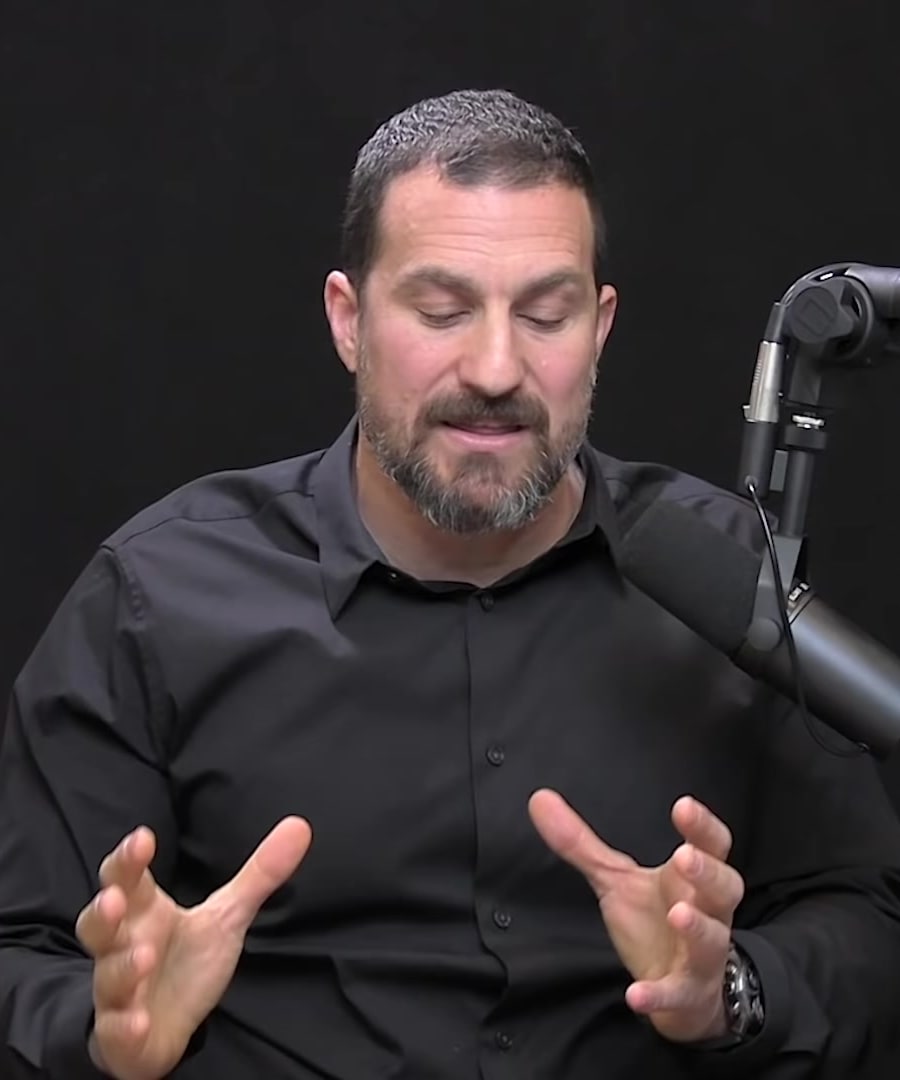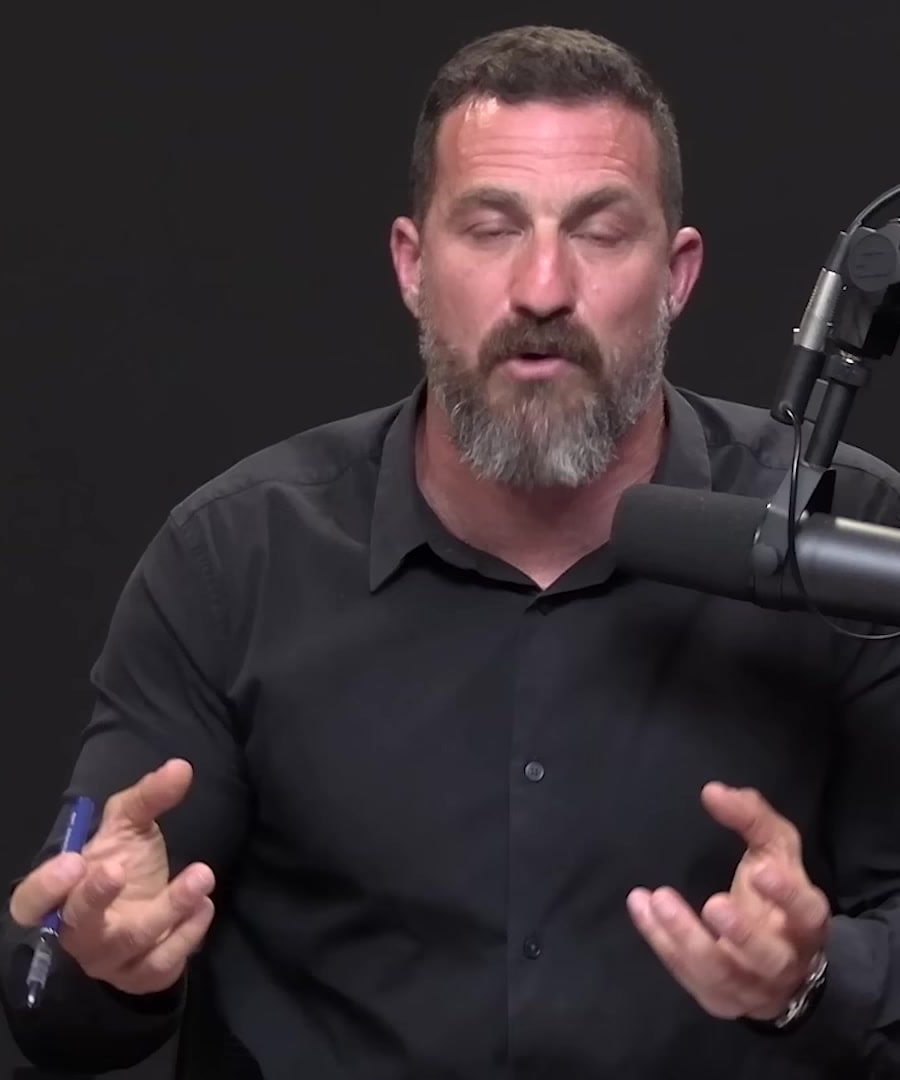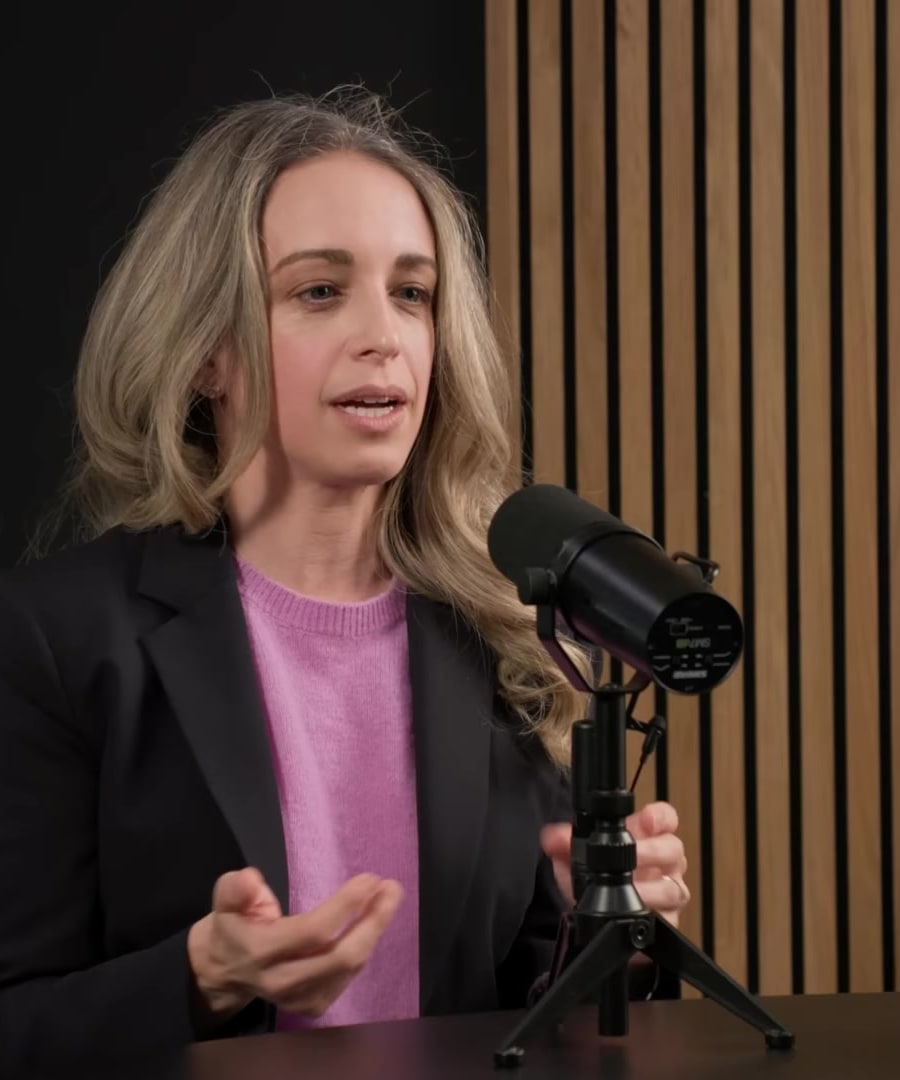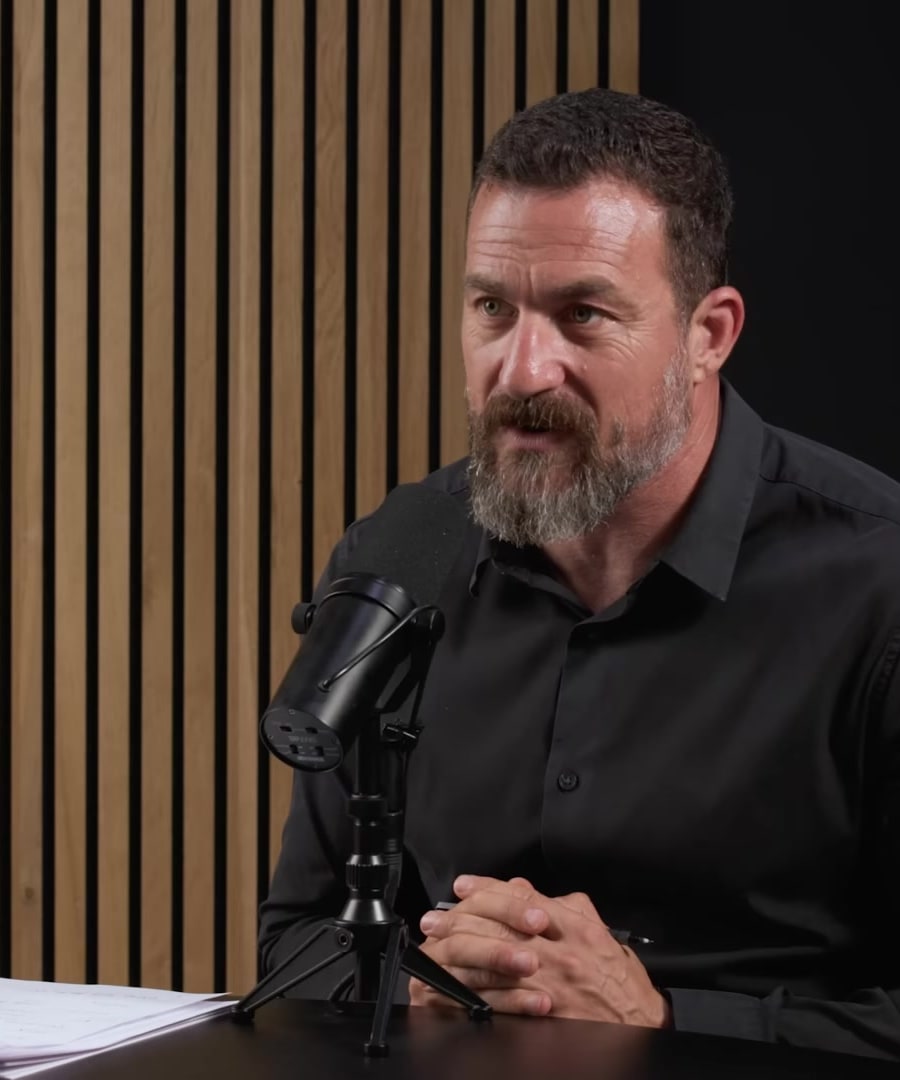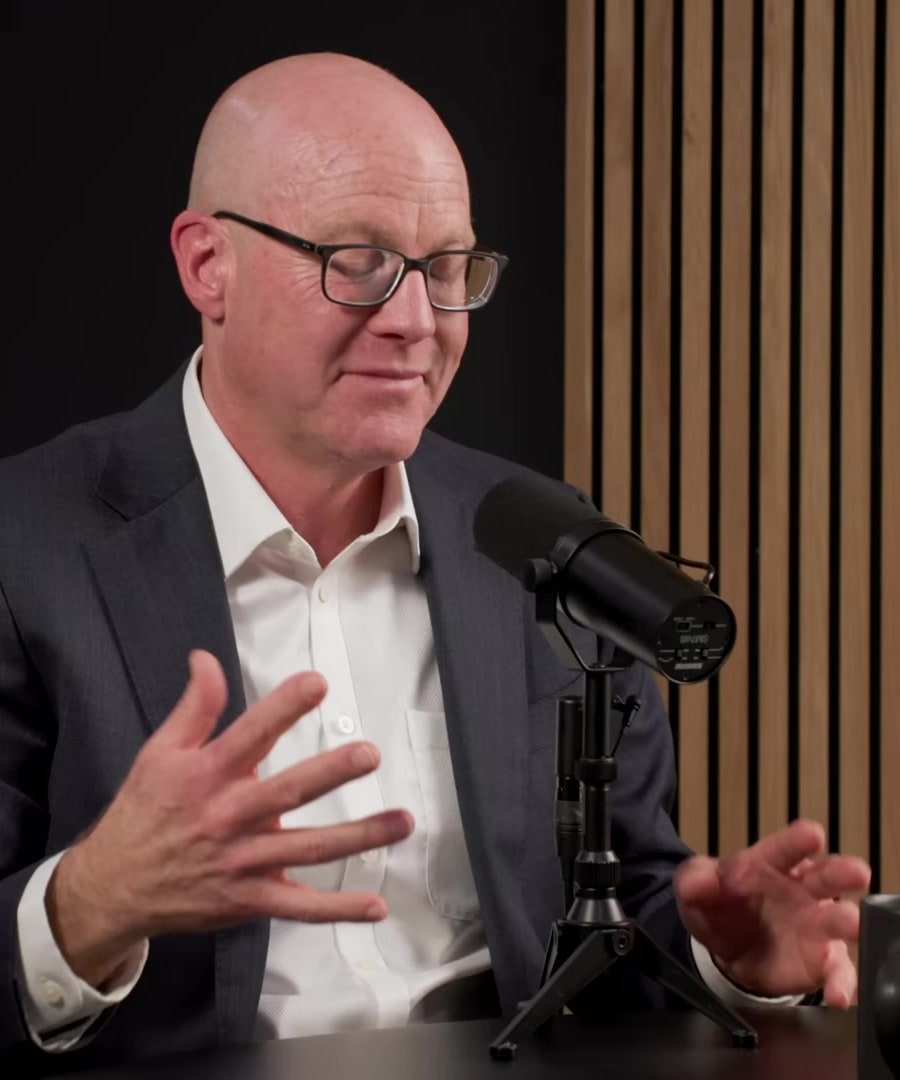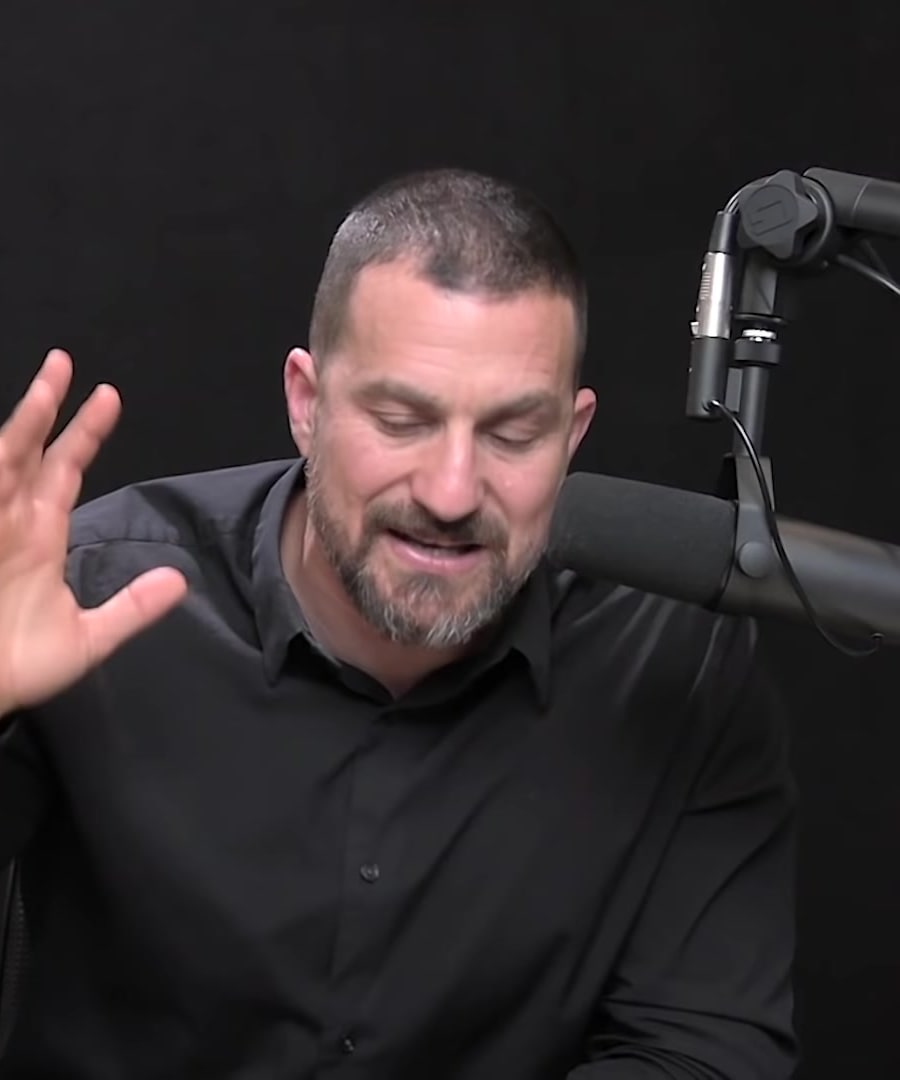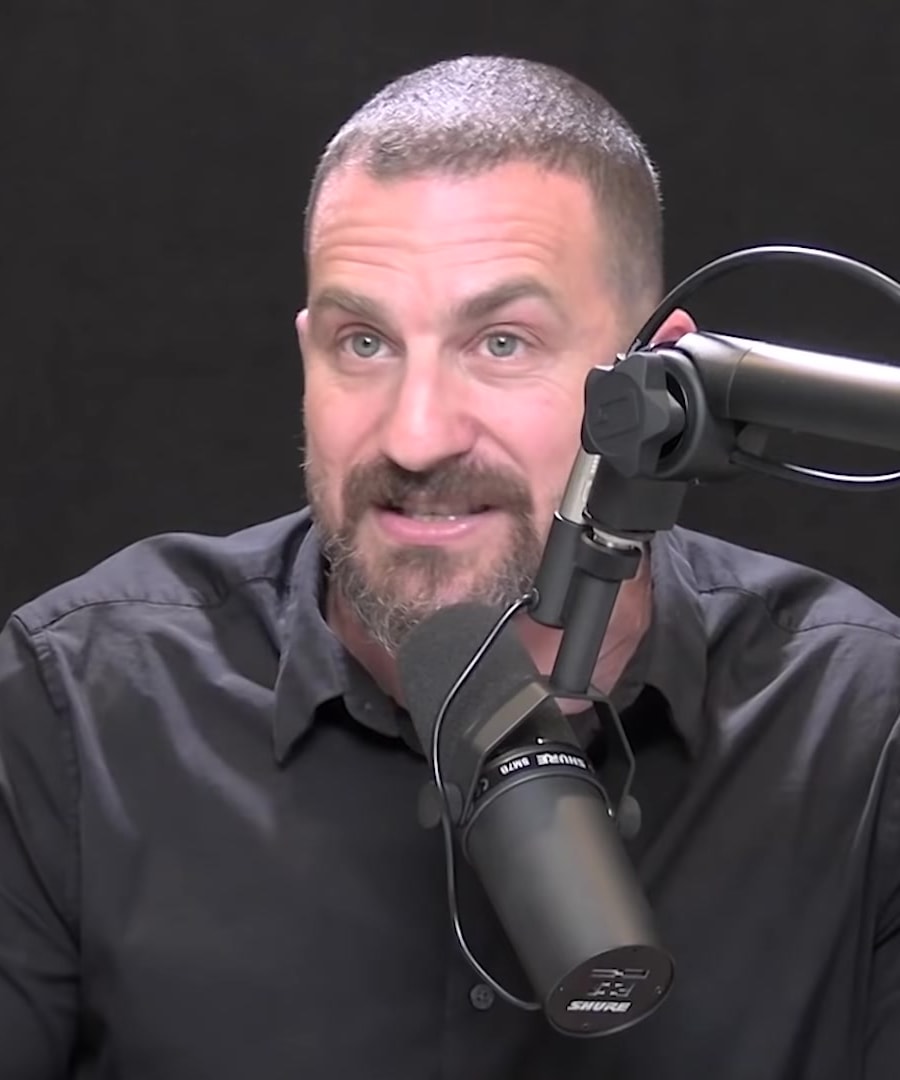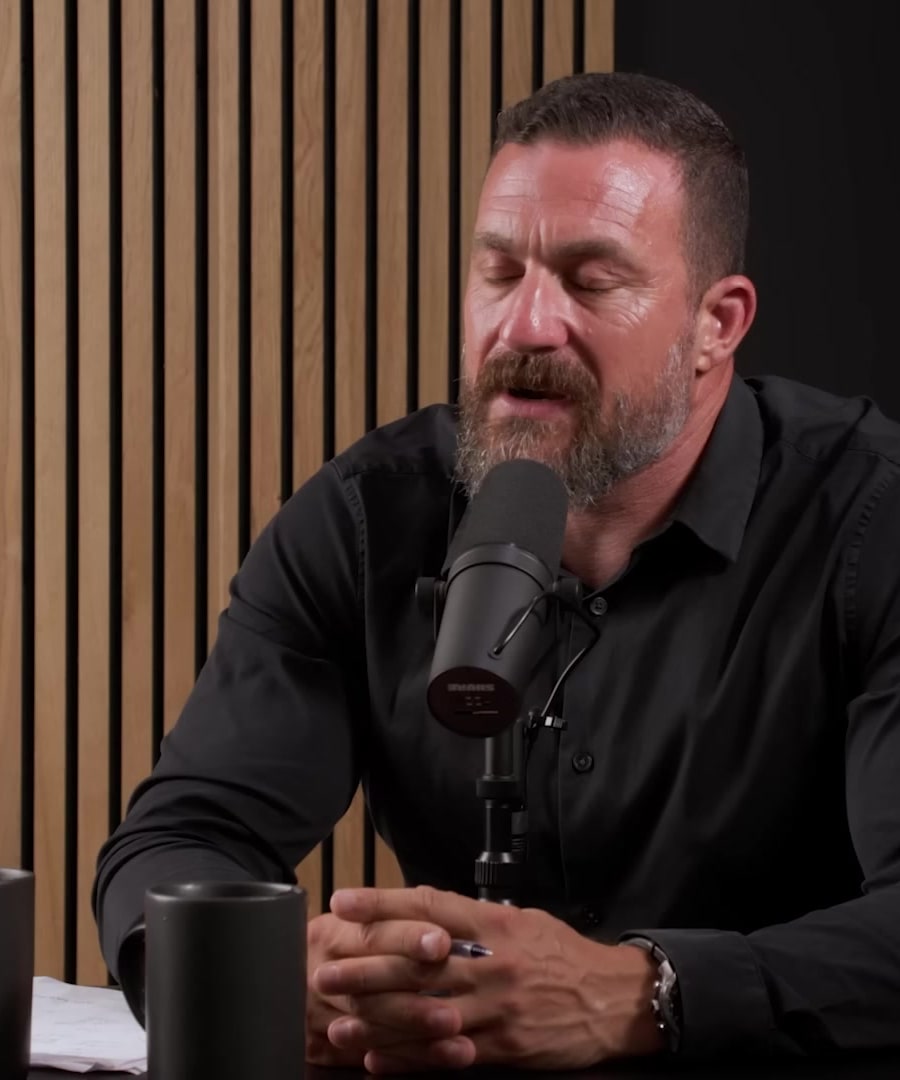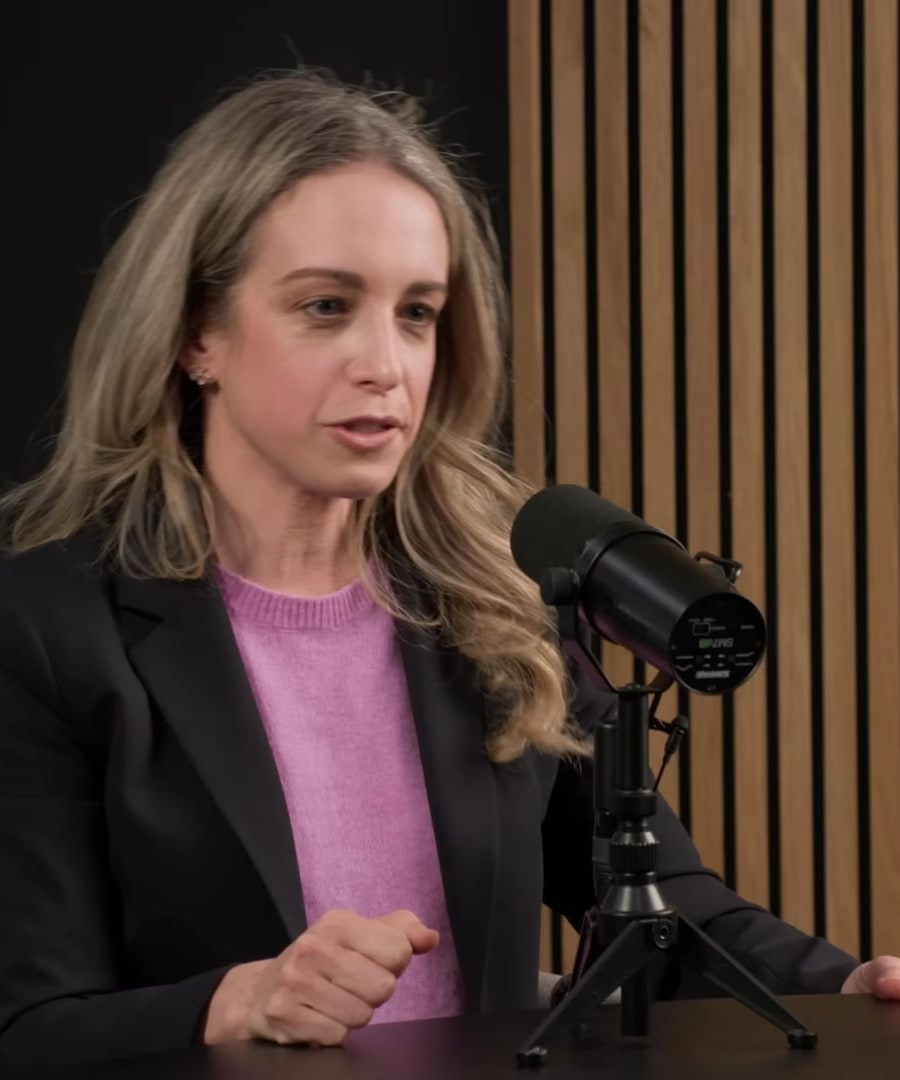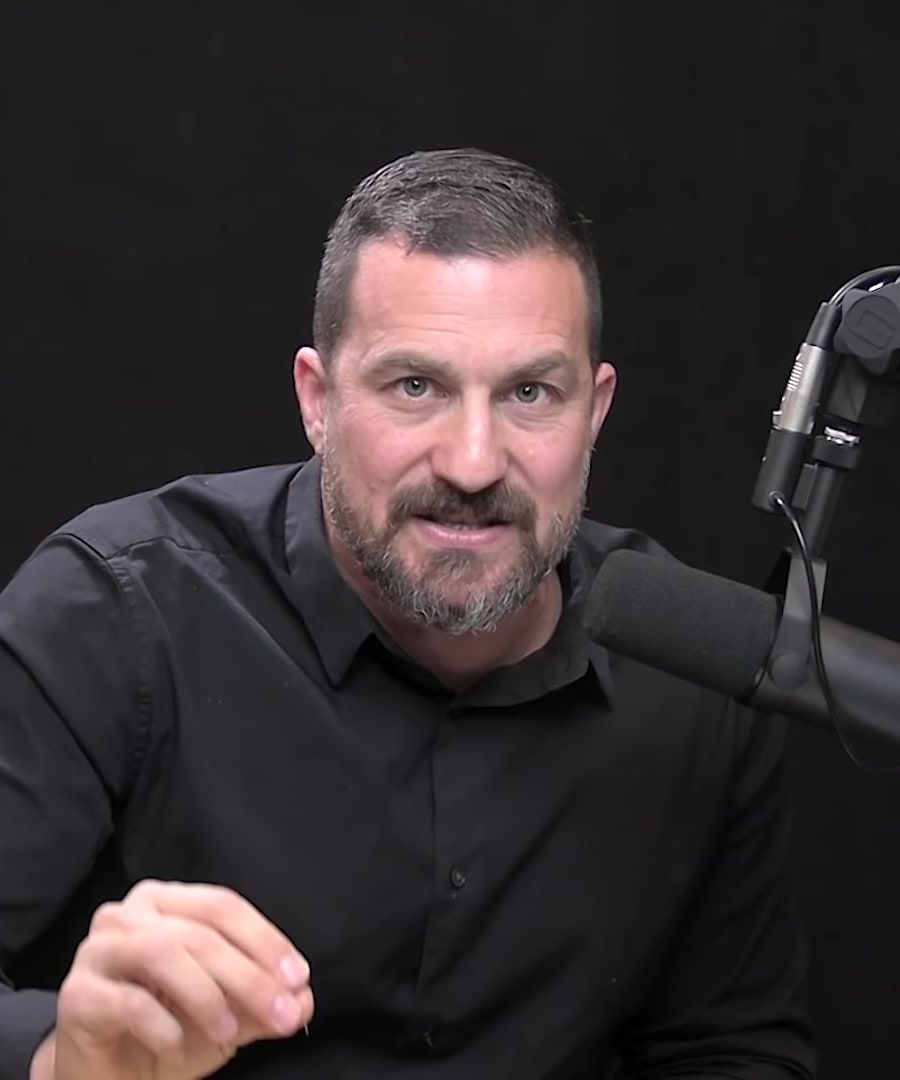Disappointment in relationships
Sources:
discusses disappointment in relationships by explaining the role of the habenula, often called the "disappointment nucleus." This brain structure inhibits the dopamine-producing reward circuit, impacting mood and feelings of happiness. Triggering this structure can lead to feelings of disappointment and even depression 1 2.
adds that managing disappointment involves building emotional regulation skills, especially in children. Instead of reacting harshly, it's better to model desired behaviors and provide opportunities to practice managing disappointment effectively 3.
RELATED QUESTIONSWho else discusses relationship disappointment?
Sources:
Another person who discusses disappointment in relationships on the is . She emphasizes the importance of teaching emotional regulation to children. This involves modeling desired behaviors and providing opportunities for practice so that kids learn how to manage disappointment effectively. She highlights the need for parental support in helping children navigate these feelings, rather than reacting harshly to their emotional expressions 1.
RELATED QUESTIONSGetting hurt in romantic relationships
Sources:
Getting hurt in romantic relationships is discussed by and in a episode. shares his personal experience, noting that suffering often results from the love and care he feels for others, which makes ending relationships extremely painful. He struggles with holding two incompatible truths: deeply loving someone while acknowledging that separating is sometimes the loving, caring thing to do 1.
adds that people with big hearts may confuse love with self-abandonment, desiring their beloved's joy more than their own. The dialogue underscores that loss, whether through separation or death, is an inevitable part of life that requires acceptance and understanding 1.
RELATED QUESTIONSWhat are some tips to handle emotional pain in relationships?
Sources:
To handle emotional pain in relationships, and offer a few insights based on scientific research. Here are some tips derived from their discussions:
-
Distraction: Engaging in attention-demanding tasks can significantly reduce the perception of pain. Distracting yourself with activities that require focus can help mitigate emotional distress 1.
-
Leverage Love: Looking at a photo or thinking about someone you love, including a pet, can reduce pain. This effect is stronger if you're infatuated or deeply connected with the loved one 1 2. The intensity of love and obsession can modulate pain, providing substantial relief 2.
-
Understanding Pain Perception: Recognize that emotional and physical pain responses can be influenced by psychological states and cognitive patterns. Understanding that your mind plays a role in amplifying or reducing pain can empower you to seek mental strategies for relief 3.
-
Utilize Dopamine: Obsessive thinking about a new romantic partner increases dopamine levels, which can buffer against the pain response. Cultivating feelings of hope, excitement, and motivation associated with new or existing relationships can be beneficial 3.
Implementing these strategies may help in modulating and reducing the emotional pain experienced in relationships.
RELATED QUESTIONS-
What is self-abandonment in relationships?
Sources:
Self-abandonment in relationships refers to the condition where an individual prioritizes the needs and happiness of their partner over their own well-being, often at the cost of their own emotional and mental health. describes it as confusing love with self-abandonment, where the individual loves so deeply that they value the joy of their beloved more than their own joy. This can lead to a person sacrificing their needs and happiness to maintain the relationship, even when it is detrimental overall 1.
RELATED QUESTIONSDecisions by a romantic partner that one does not like. Frustration
Sources:
Dealing with frustration arising from a romantic partner's decisions that one does not like can be challenging. Insights from the can provide some strategies:
-
Effective Listening and Communication: emphasizes the importance of truly hearing and understanding a partner's emotions. When someone feels unheard, they may vent repeatedly, which can amplify frustration. Trying to recognize verbally the underlying causes of their frustration can help de-escalate the negative emotions more effectively 1.
-
Mutual Respect and Willingness to Engage: points out that when a partner refuses to engage in activities or discussions that are important to the other, it reflects a deeper relationship issue. Communication about mutual respect and understanding each other's needs is essential for resolving such conflicts 2.
-
Learning from Errors and Frustrations: notes that errors and frustrations can actually be beneficial by signaling to the brain that changes are needed. Embracing frustration as a part of the relationship can help both partners grow and adapt, improving the relationship over time 3.
Using these strategies can help navigate frustration and improve communication and understanding in a relationship.
-
Disappointment in relationships
- RELATED QUESTIONS
Who else discusses relationship disappointment?
- RELATED QUESTIONS
Getting hurt in romantic relationships
- RELATED QUESTIONS
What are some tips to handle emotional pain in relationships?
- RELATED QUESTIONS
What is self-abandonment in relationships?
- RELATED QUESTIONS
Decisions by a romantic partner that one does not like. Frustration
